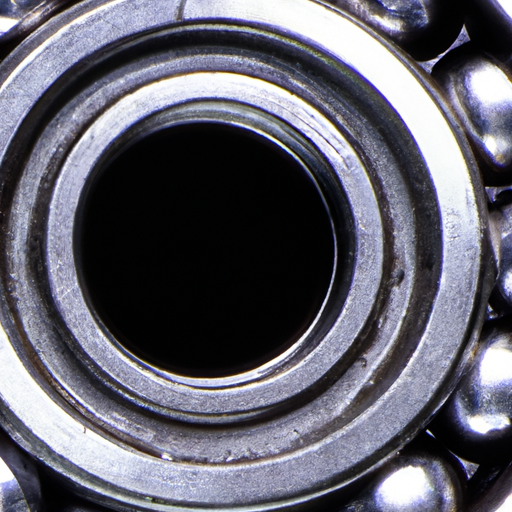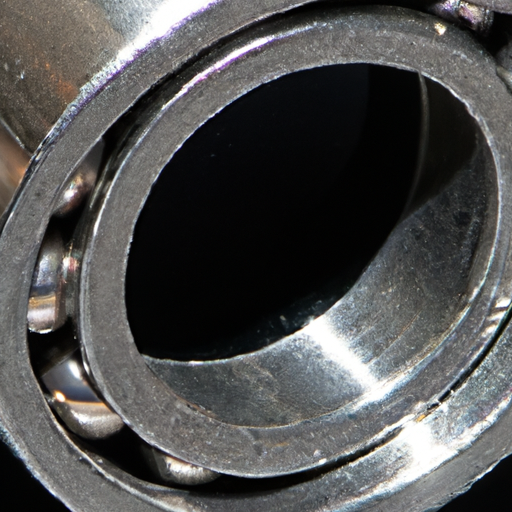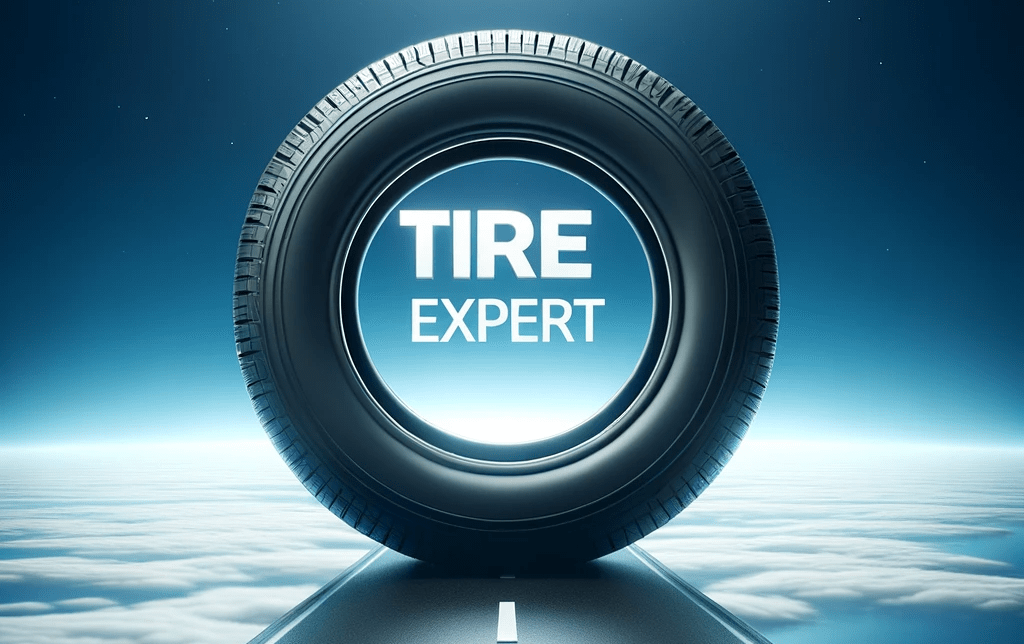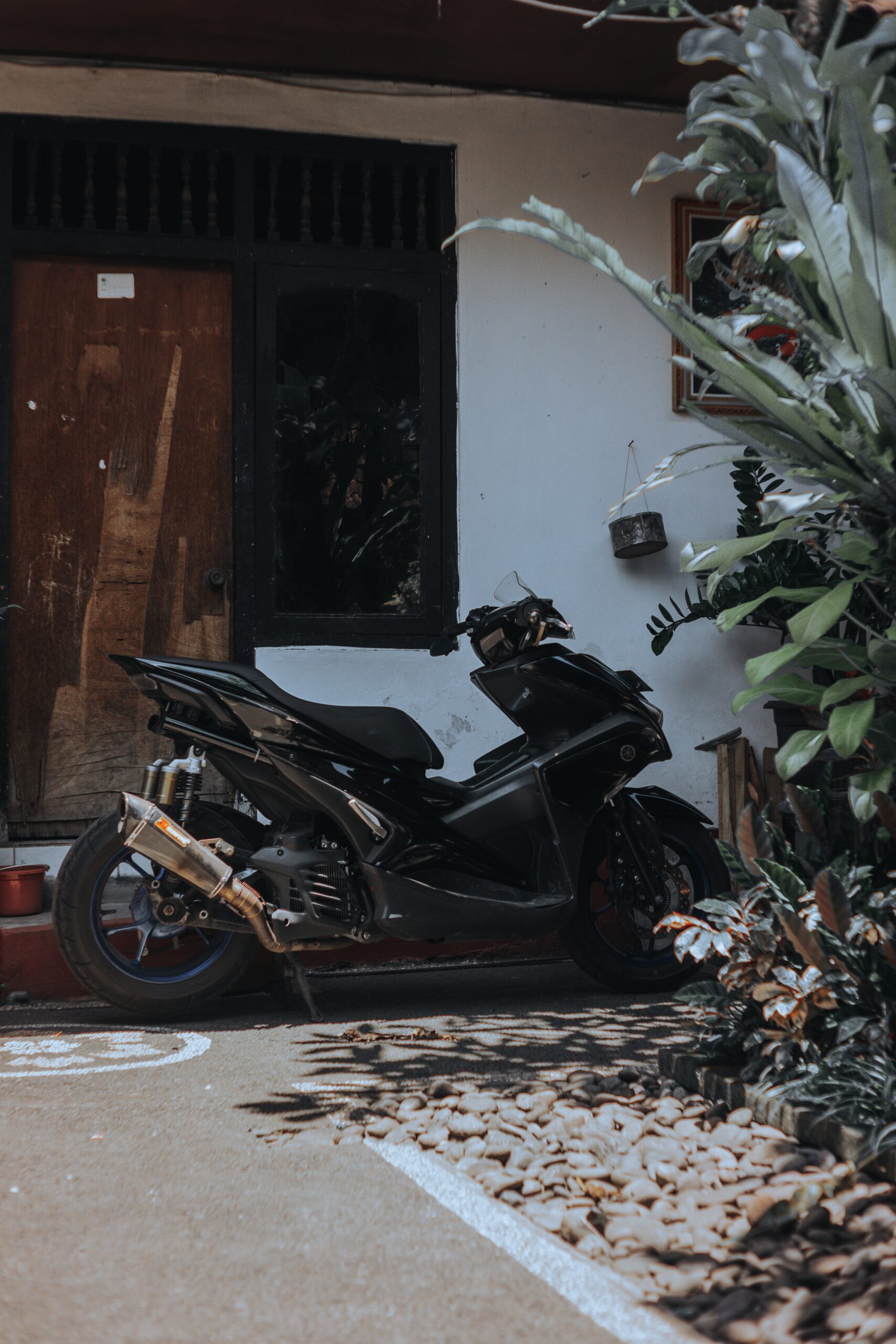In this article, we will explore the possible connection between a bad wheel bearing and broken studs. The question of whether a bad wheel bearing can cause studs to break is a topic of concern for many car owners. By examining the relationship between these two components, we can gain a better understanding of the potential consequences of neglecting a faulty wheel bearing. So, let’s dig into this issue and shed some light on the matter.
The Importance of Wheel Bearings
What Are Wheel Bearings?
When it comes to your vehicle’s performance and safety, wheel bearings play a vital role. These small but critical components are responsible for allowing smooth rotation between the wheel and the axle, making it possible for your vehicle to move.
Wheel bearings are essentially a set of steel balls or rollers that are enclosed in a metal ring, known as a race. They are located within the wheel hub assembly and are designed to withstand the immense pressures and forces that occur when your vehicle is in motion.
How Do Wheel Bearings Work?
The functioning of wheel bearings is quite fascinating. They work on the principle of reducing friction and bearing the weight of the vehicle. The steel balls or rollers in the bearing assembly are carefully positioned and lubricated to minimize friction between the moving parts.
As your vehicle moves, the rotation of the wheels exerts force on the wheel bearings. This force is transferred to the axle, allowing the wheels to rotate smoothly without much resistance. In other words, wheel bearings enable your vehicle to roll effortlessly down the road.
Signs of a Bad Wheel Bearing
It is essential to be aware of the signs that indicate a potential issue with your wheel bearings. Identifying and addressing problems early on can prevent further damage and ensure your safety on the road.
One of the most common signs of a bad wheel bearing is unusual noise coming from the wheels. This noise is often described as a growling, humming, or grinding sound. It may become more prominent as you accelerate or make turns.
Another indication is excessive vibration in the steering wheel. If you notice your steering wheel vibrating excessively while driving, it could be a sign that your wheel bearings are worn out or damaged.
In addition, wheel bearings that are failing may cause uneven tire wear. A worn-out wheel bearing can lead to misalignment, affecting the way your tires wear down. If you notice uneven wear patterns on your tires, it’s crucial to have your wheel bearings inspected.

The Role of Wheel Studs
What Are Wheel Studs?
While wheel bearings play a vital role in allowing your wheels to rotate smoothly, wheel studs are equally important in ensuring that your wheels stay securely attached to your vehicle. Wheel studs are threaded metal rods that are permanently mounted on the wheel hub assembly.
Each wheel has several wheel studs, typically four or five, depending on the vehicle. The wheel studs extend outwards from the wheel hub assembly and hold the wheel in place.
Importance of Wheel Studs
The primary function of wheel studs is to provide a strong and secure mounting point for the wheel. The lug nuts on your vehicle are tightened onto the wheel studs, creating a tight connection that keeps the wheel firmly attached.
Without properly functioning wheel studs, the wheel could potentially come loose while driving. This poses a significant safety risk, as a loose wheel can lead to loss of control, accidents, and damage to your vehicle.
Common Causes of Broken Wheel Studs
While wheel studs are designed to be robust and durable, they can sometimes break due to various factors. One common cause is over-tightening of lug nuts, which can put excessive stress on the wheel studs, leading to fractures.
Another cause of broken wheel studs is improper torque during installation. If the wheel studs are not tightened to the manufacturer’s recommended torque specifications, they may not be able to withstand the forces and loads that occur while driving.
Furthermore, wheel studs can be weakened by corrosion or rust over time, making them more susceptible to breaking. It is important to regularly inspect and maintain your wheel studs to prevent these issues.

Can a Bad Wheel Bearing Cause Studs to Break?
Understanding the Relationship
While wheel bearings and wheel studs are separate components, they are interconnected in terms of functionality. A bad wheel bearing can indeed contribute to the failure of wheel studs.
When a wheel bearing starts to fail, it may create an excessive amount of friction and heat. This can lead to increased stress on the wheel hub assembly, including the wheel studs. The excessive heat and stress can cause the wheel studs to weaken and ultimately break.
Effects of a Bad Wheel Bearing on Wheel Studs
In addition to possible breakage, a bad wheel bearing can also affect the overall performance and safety of your vehicle. As the wheel bearing deteriorates, it can cause the wheel to wobble or become misaligned. This can further increase the strain on the wheel studs, increasing the risk of failure.
Furthermore, a failing wheel bearing can cause excessive vibration in the wheel, resulting in an uncomfortable and potentially unsafe driving experience. It can also lead to uneven tire wear, alignment issues, and reduced fuel efficiency.

Preventing Broken Wheel Studs
Regular Wheel Bearing Maintenance
To prevent the breaking of wheel studs, it is crucial to prioritize regular maintenance of your wheel bearings. This includes having your wheel bearings inspected and lubricated as recommended by the vehicle manufacturer or a qualified mechanic.
Routine maintenance can help identify any potential issues with the wheel bearings at an early stage, allowing for timely repairs or replacements. By ensuring that your wheel bearings are in good condition, you can minimize the risk of damage to the wheel studs.
Proper Torque and Installation
During wheel stud installation or wheel changes, it is essential to follow the manufacturer’s recommended torque specifications. Proper torque ensures that the lug nuts are tightened to the appropriate level, reducing the chances of excessive stress on the wheel studs.
Furthermore, it is important to ensure that the lug nuts are evenly tightened, as uneven torque can create additional stress points on the wheel studs. By following proper installation techniques, you can help maintain the integrity and strength of the wheel studs.
Avoiding Excessive Wheel Bearing Wear
Taking steps to prevent excessive wear on your wheel bearings can also contribute to the longevity of your wheel studs. This includes avoiding severe impacts, driving through deep potholes, or overloading your vehicle beyond its recommended capacity.
Additionally, following best practices for driving, such as avoiding sudden stops or aggressive acceleration, can help reduce stress on the wheel bearings. By driving responsibly, you can minimize the wear and tear on your wheel bearings, subsequently reducing the risk of damage to the wheel studs.

Conclusion
The importance of wheel bearings and wheel studs in maintaining the performance and safety of your vehicle cannot be overstated. Understanding how these components work and recognizing the signs of potential problems is crucial for preventing accidents and costly repairs.
Regular maintenance, proper torque and installation, and responsible driving all play critical roles in preventing broken wheel studs. By prioritizing the care and maintenance of your wheel bearings, you can ensure the longevity of your wheel studs and enjoy a smooth, safe, and worry-free driving experience.


